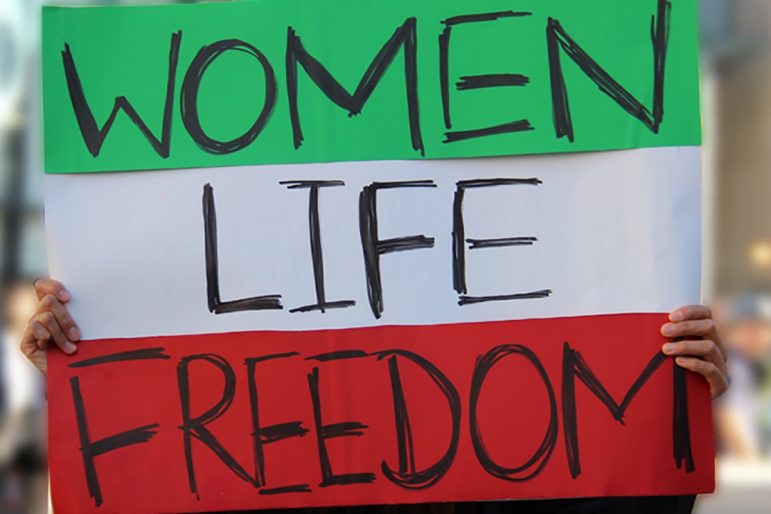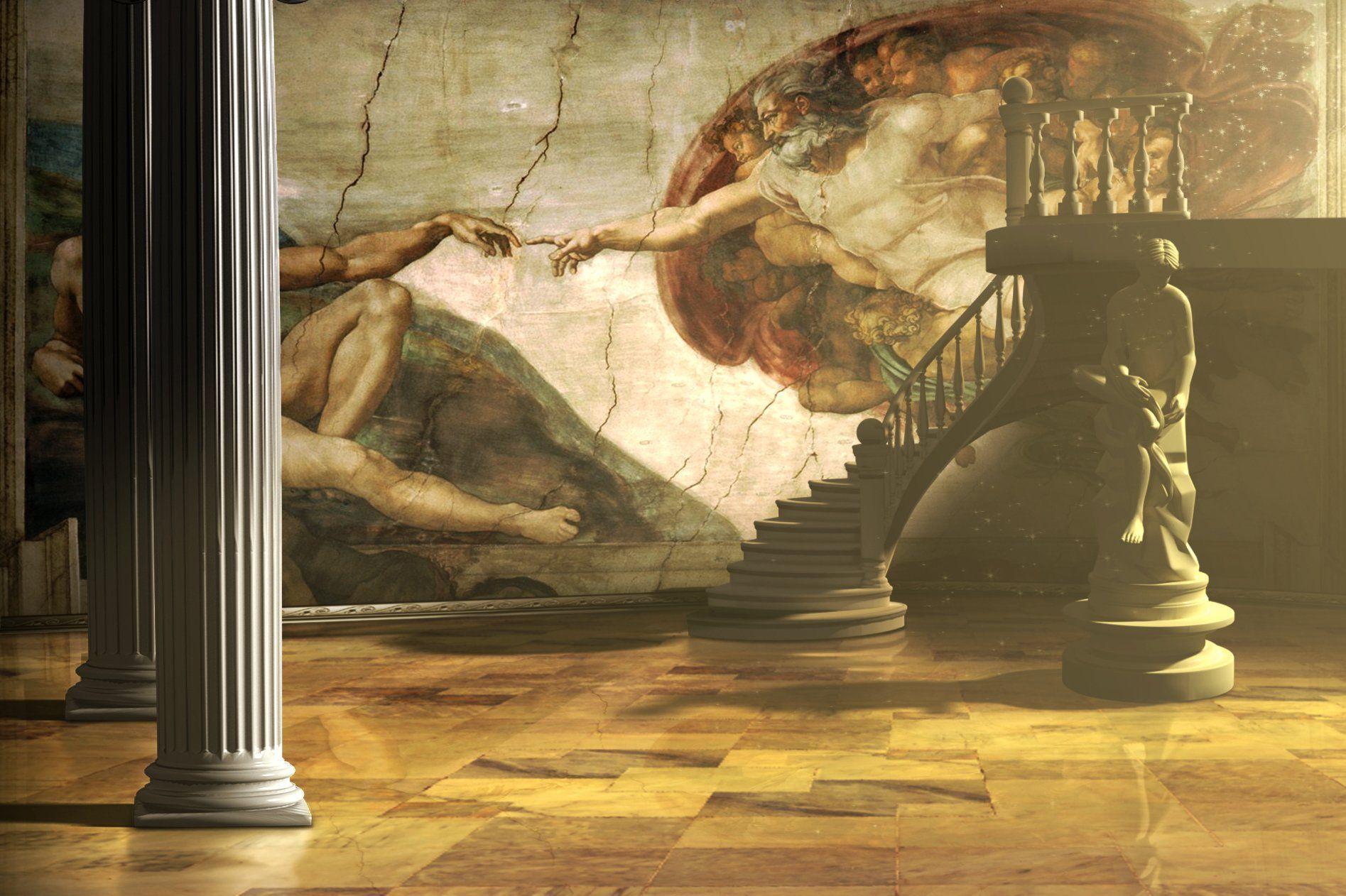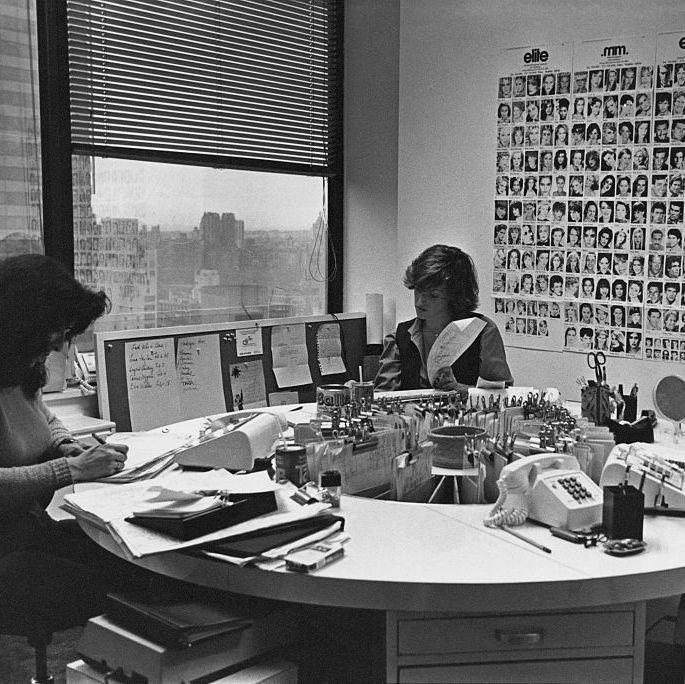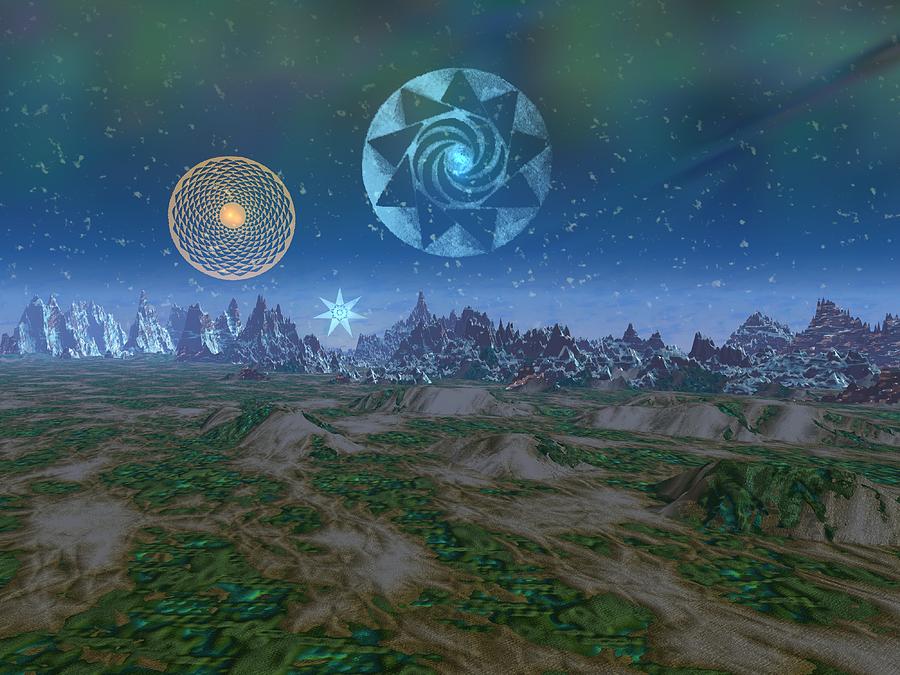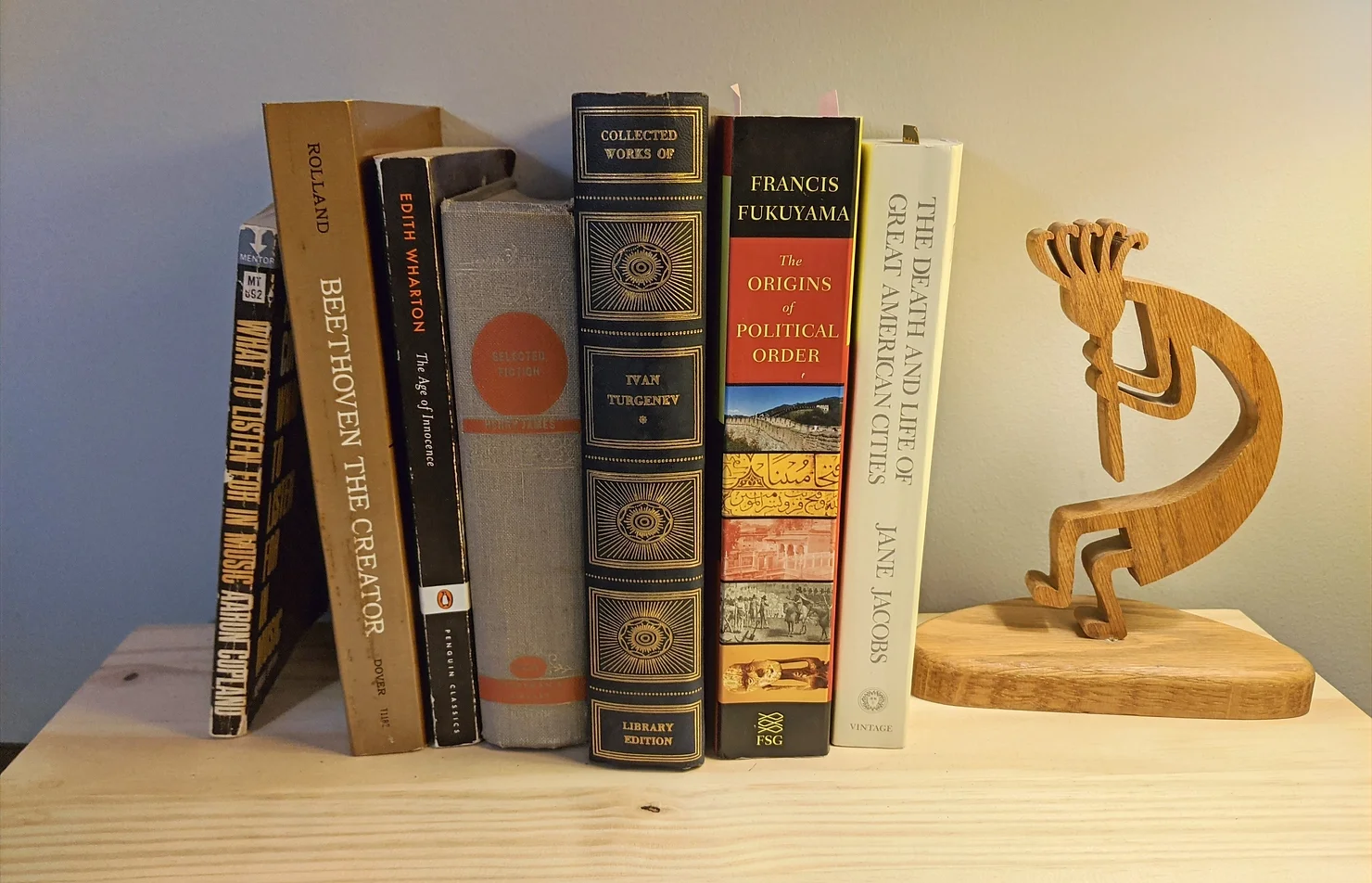Essay
How to connect the divided opinions on ChatGPT
Feb 23, 2023
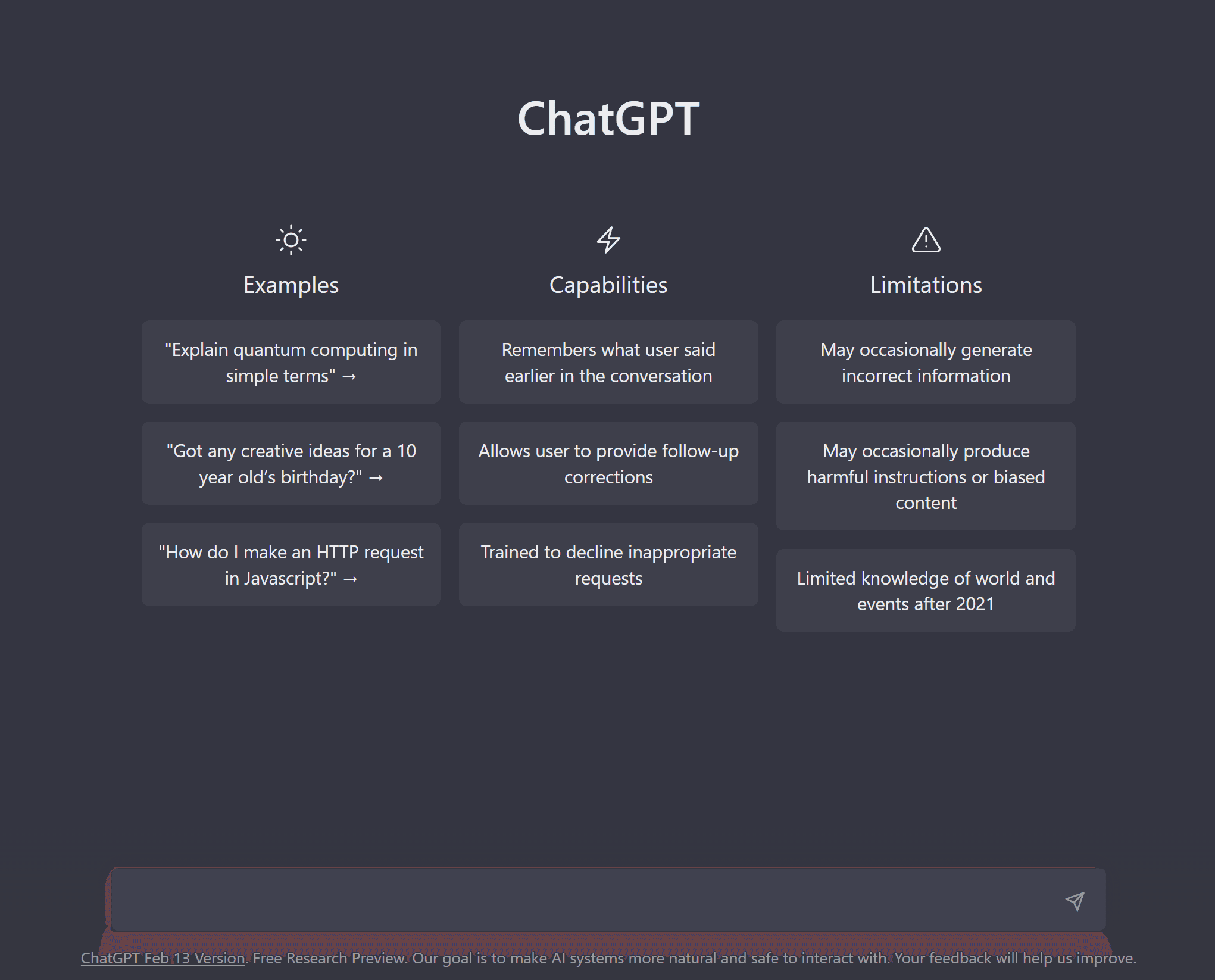
Two days ago, after seeing thousands of articles, tweets, blog posts, and newspaper columns about the new chat bot from OpenAI, I tried my hand at "talking" to ChatGPT, the same way I ask questions to Google. A sample of my questions:
What is a good book on the history of Spain?
Can you give me a literature review of modern Iranian social history?
Are there combined optometrist-glasses stores in Italy like Specsavers in the UK?
Can you write me a story of Romeo and Juliet set in modern times?
The responses were good. That is to say, I was satisfied with the accuracy and presentation of the content. Of course, the tool can't create new knowledge, It can't, for example, synthesize the academic literature on a topic to come up with a new conclusion for you. But the tool is handy in its ability to pull together information in an digestible response.
As I started reading about the industry response to ChatGPT, it felt like other tech companies were a bit jealous of OpenAI. The heads of Google and Facebook, among others, seem to be unimpressed with the chat bot's technical capability, and claim they have similar programs that they could release. The Economist, for its part, sees this as an opportunity to dethrone Google as the "front page" of the internet, by moving to a post-traditional search engine world. On the other hand students and researchers are already using ChatGPT to generate writing content while English teachers are lamenting the demise of their profession and plagiarism boards are looking for a way to watermark any content generated by AI (a bit wishful, if you ask me).
The question remains: Is ChatGPT a gimmick? Or is it the end of formulaic human tasks as we know it?
The answer is: neither. OpenAI's purpose in creating the program, if you look closely at the bottom of the app, is to "make AI systems more natural and safe to interact with."
They are not claiming that the technology they are using is ahead of everyone else. Or that this chat bot is the ultimate AI tool that humanity will be using forever. No, what they are trying to do is to make AI more accessible to the majority of people who are not programmers or work in the tech industry.
In this they have been extremely successful. With more than 100 million users since their release on November 30th, they are the largest growing consumer app in history. Everyone I know was talking about it when it came out, and continues to talk about the ramifications of the program. Before ChatGPT if you had asked a typical person what Artificial Intelligence is, they wouldn't have been able to explain technically what an AI does. They still can't, but now they at least see the potential uses of it in their daily lives.
And it's exciting. Thanks to ChatGPT, people can visualize AI an entirely new way: it can help me with my code; it can be my own personal tutor; I can save time while looking for information on the web; it can give me ideas for stories or songs that I want to write; and much more. To an extent OpenAI's previous release of DALL-E, an AI that creates images based on the user's specifications, had a similar impact on the public.
But ChatGPT is on a different scale. The reason for this, I believe, is because writing is more essential to our thought processes than art. Although humans are primarily visual creatures in terms of input of information (something social media companies, newspapers, and advertising companies have no shame in taking advantage of), we process and create new information through language, particularly written language. The creation and consumption of art is in many ways an emotional process. Writing and reading can also be for leisure, but it's also how we communicate with others, process our thoughts, recall past events, represent our level of erudition and education. The wildly exciting component of ChatGPT is how "naturally" it writes. Our fear comes from exactly that: if a chat bot shows us how formulaic this process can be, is the human brain not unique in its ability to process language?
To answer this question I bring us back nearly two centuries, to the advent of photography. Before humans could take photos with a camara oscura, the only way to visually represent the real world (or fantastic ones), was through the manual arts: drawing, painting, sculpting, etc. Then, we transferred the technical parts of the process to a machine: instead of needing to study in the workshop of a great Italian master to paint a realistic portrait, a camera could use technological innovation to capture an image that was even more life-like than any human artist could produce.
Was this the end of art? Of course not. Instead, humans began experimenting with different forms of portraying images. Picasso's Cubist movement was an attempt to paint on one canvas a dozen or more ways of looking at an object or scene based on lighting. Other movements followed suit. Now, someone like myself might lament the state of contemporary art as something that's beyond my understanding and aesthetic taste, but the truth is that whatever need I had of paintings before cameras no longer exists, and so my life isn't the worse for it. And wherever there's no need, human society turns its attention to other tasks. (This is not to say there isn't a need for the creation of art as an emotional and fulfilling task in and of itself.)
And here is where I see the greatest parallel between the camera and this new chat AI: in the same way that cameras made photos and thereby pictorial representations to the masses, now ChatGPT has made text generation available to everyone with access to the internet. And when billions of people have access to something rather than a select few, the possibilities for innovation and creativity are as boundless as the human imagination.
For that I say bravo to OpenAI.


